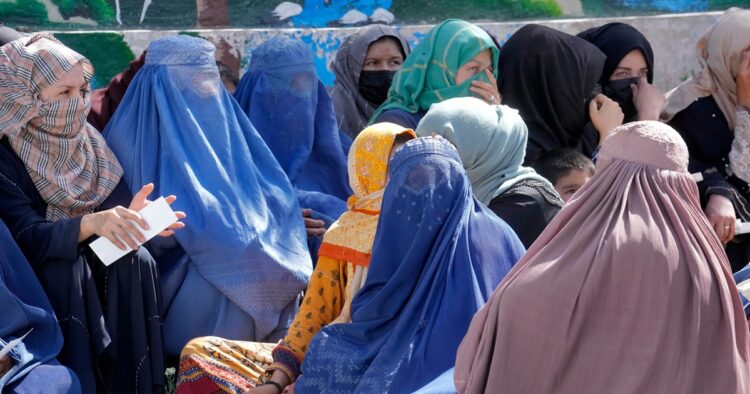The Taliban has banned women from pursuing medical training, including courses for midwifery and nursing. Health ministry officials informed the education institute directors of the decision during a meeting in Kabul, according to the media reports.
The Taliban’s supreme leader, Haibatullah Akhundzada, is said to have issued the directive, which was discussed at a meeting of the Ministry of Public Health on Monday. Directors of private training institutes were summoned and instructed to enforce the ban with immediate effect. While no official directive has been issued in writing, institute heads have been instructed to halt women’s education immediately, allowing them just 10 days to complete pending exams.
Many students have been asked to stay home ‘until further notice’. Following the Taliban’s return to power in 2021, women were barred from higher education and most professional fields. Health training institutes, which had remained a rare option for women seeking further studies, now face the same restrictions. Women presently comprise a majority of the 35,000 students enrolled in Afghanistan’s health training centres, which offer diplomas in areas such as midwifery, anaesthesia, and pharmacy.
“What are we supposed to do with just 10 per cent of our students?” said a health institute manager, referring to the small number of male students enrolled. The Taliban’s latest restriction has left many institutes uncertain about its enforcement. While some managers have sought clarification from the health ministry, others continue regular classes in the absence of formal orders.
One employee of a private health institute said, “There was no explanation provided just an order to implement the supreme leader’s directive”. The ban could have far-reaching consequences for Afghanistan’s fragile healthcare system, particularly in rural areas where women healthcare workers are often the only option for female patients due to cultural norms. Previously, the United Nations has condemned the Taliban’s restrictions on women’s rights as ‘gender apartheid,’ a sentiment echoed by rights activists globally.

















Comments